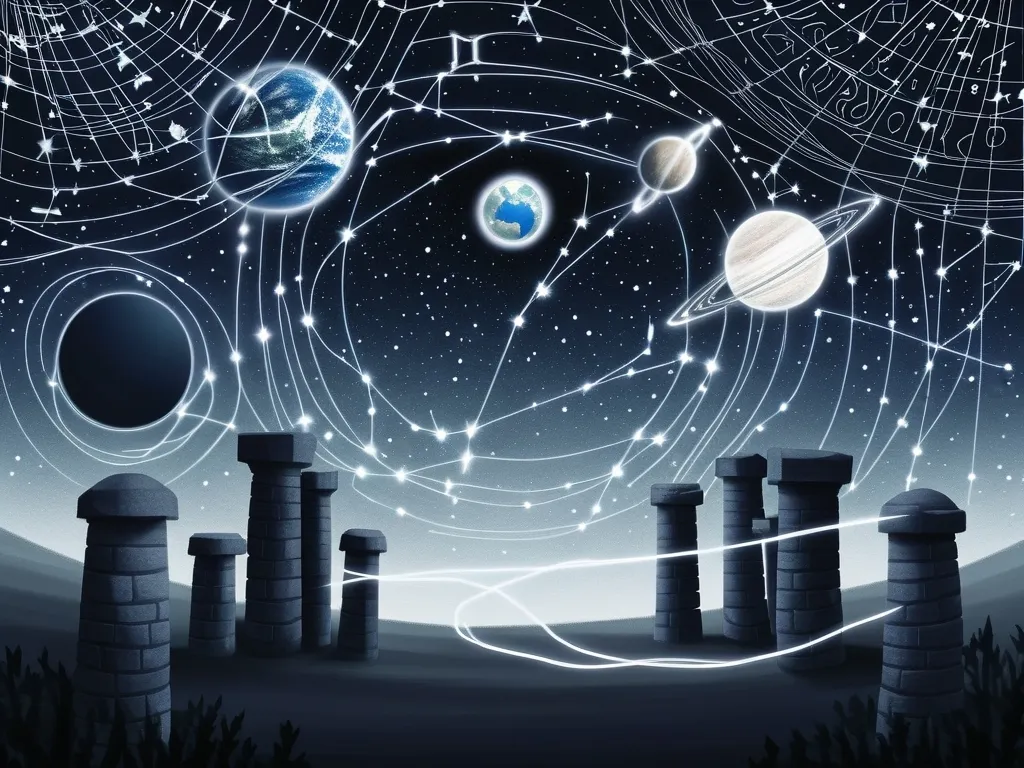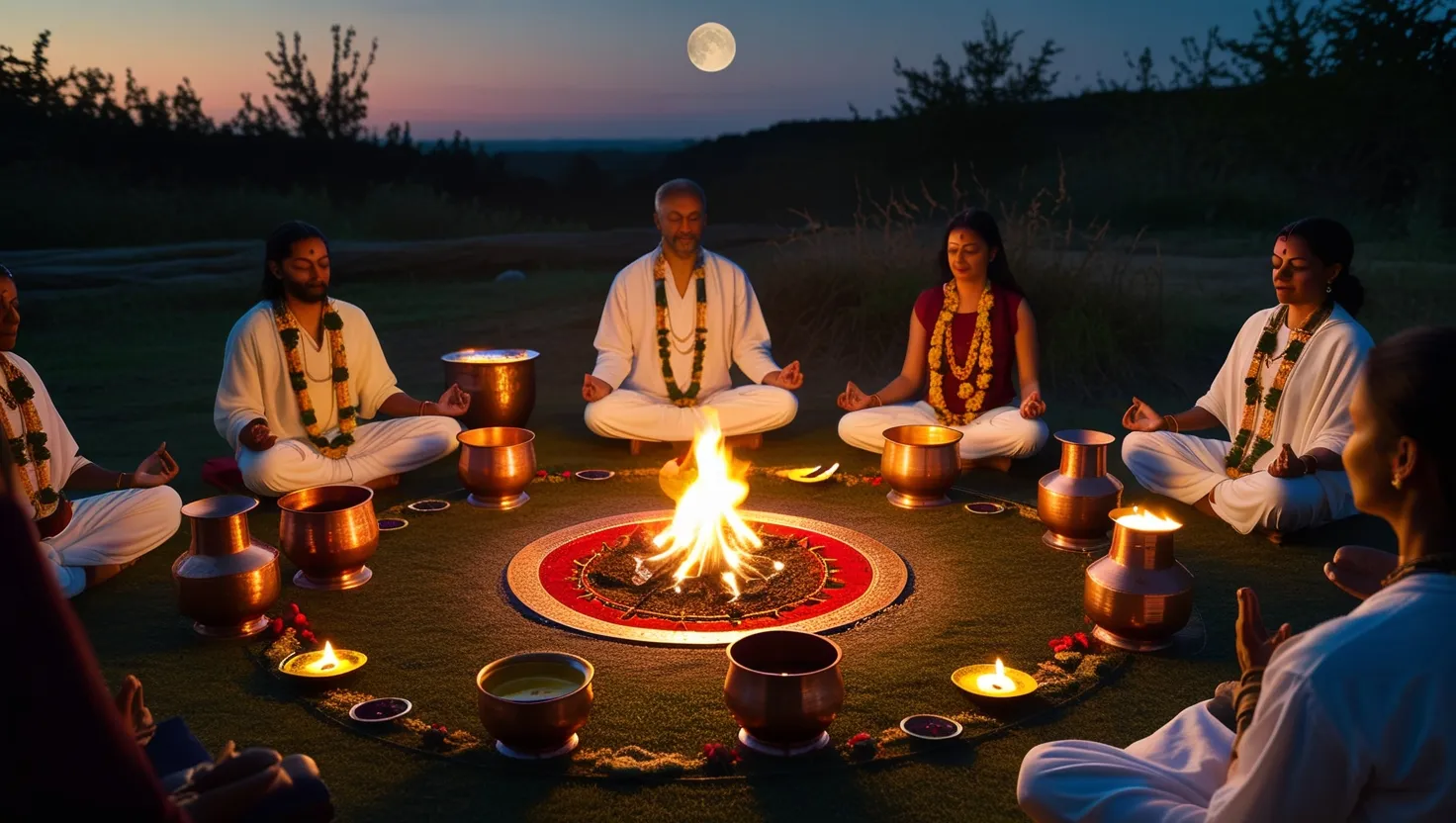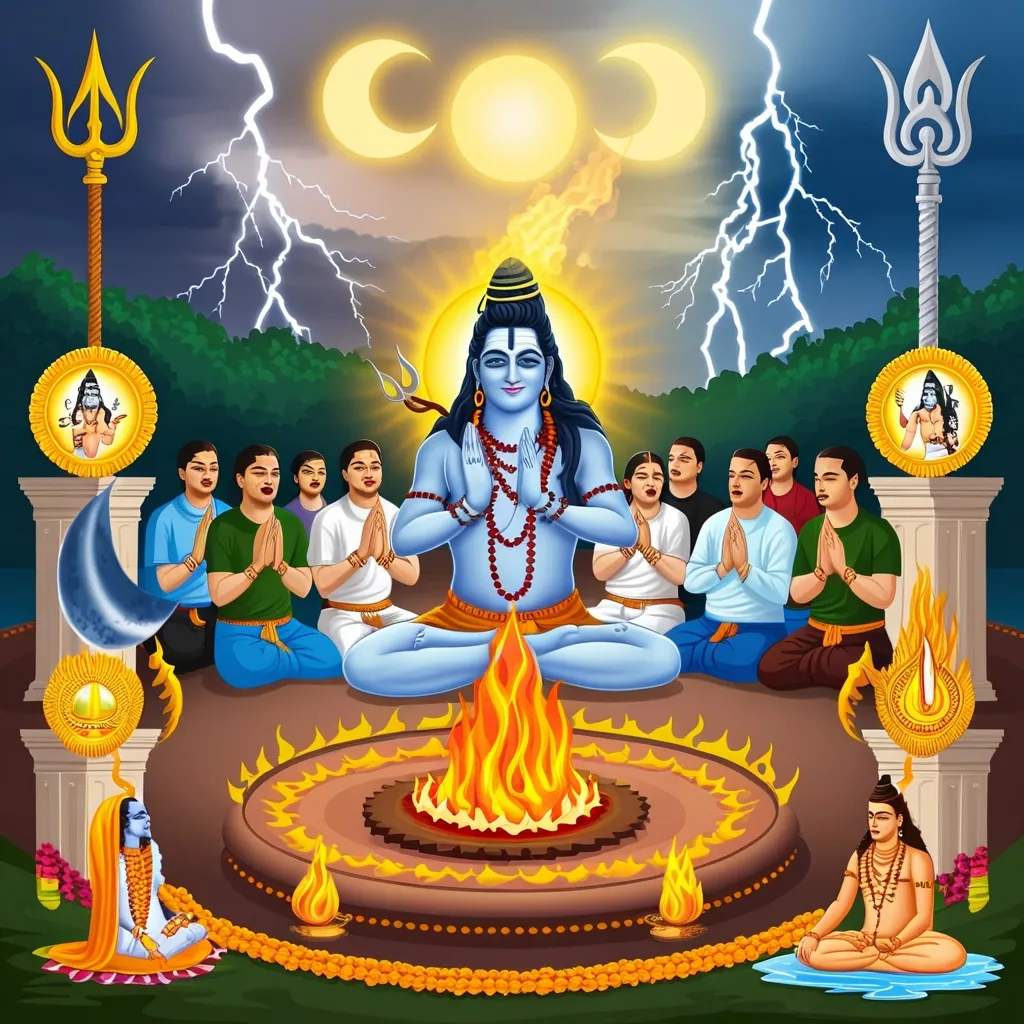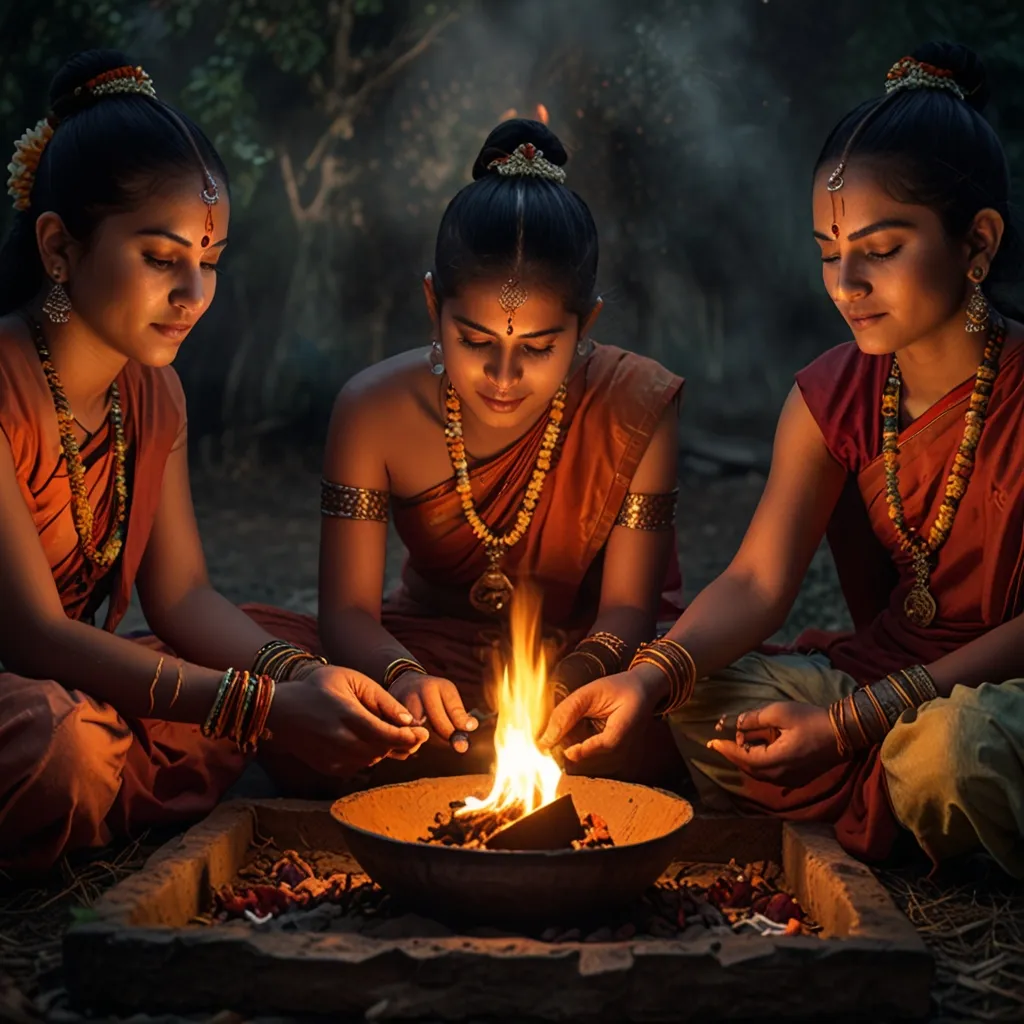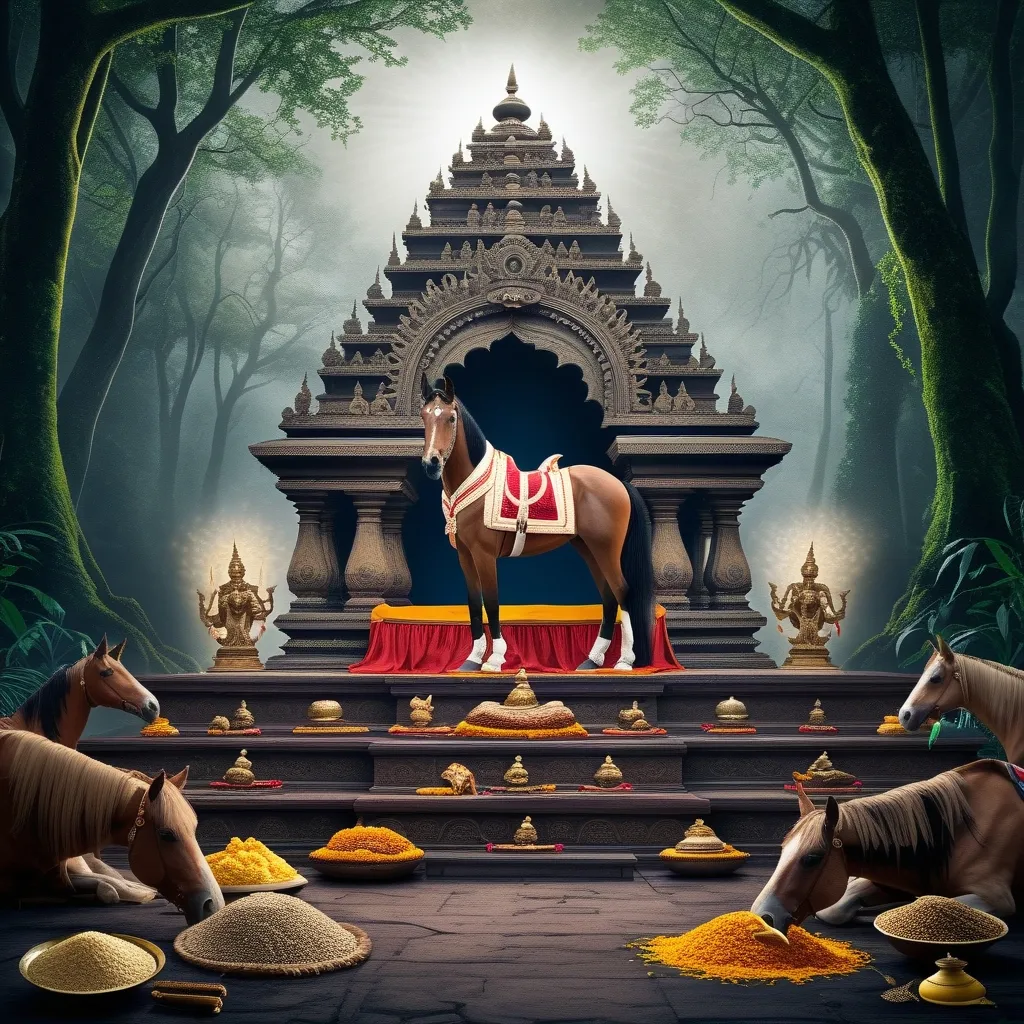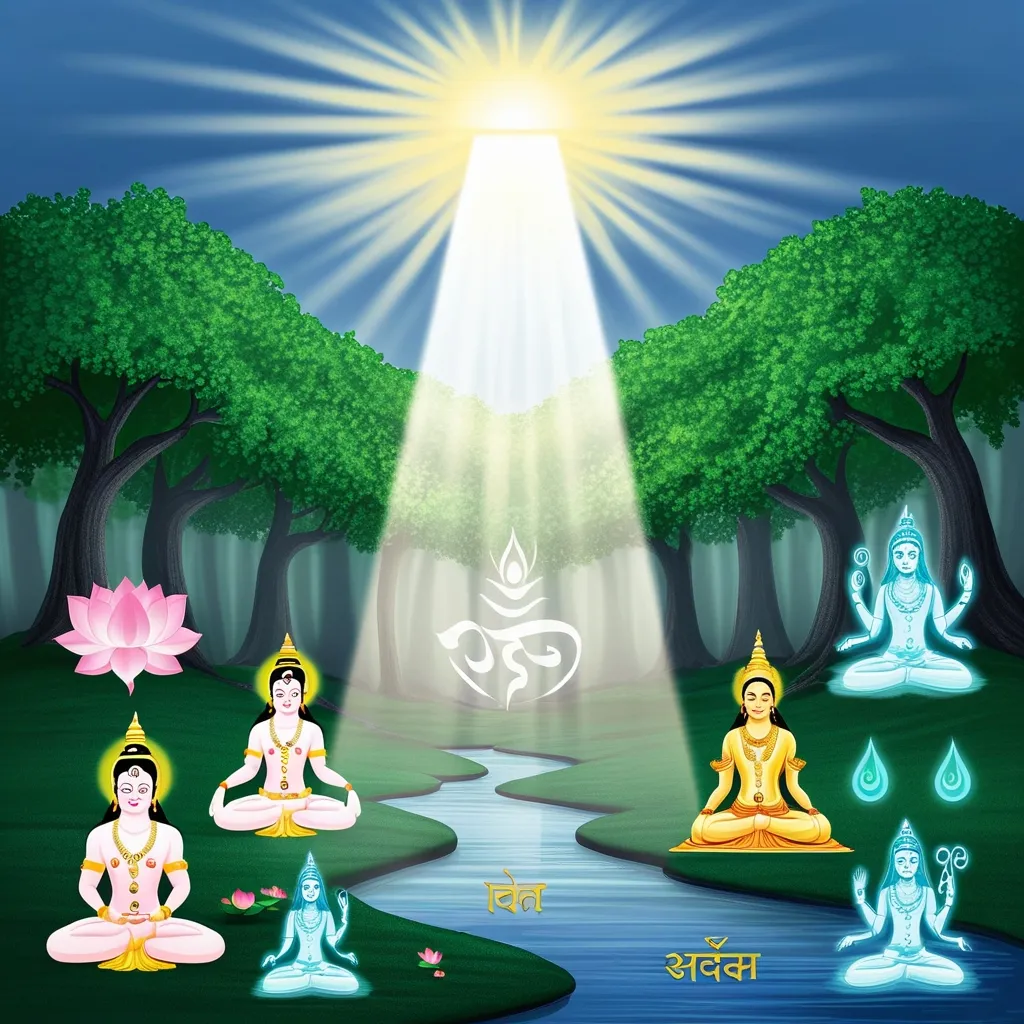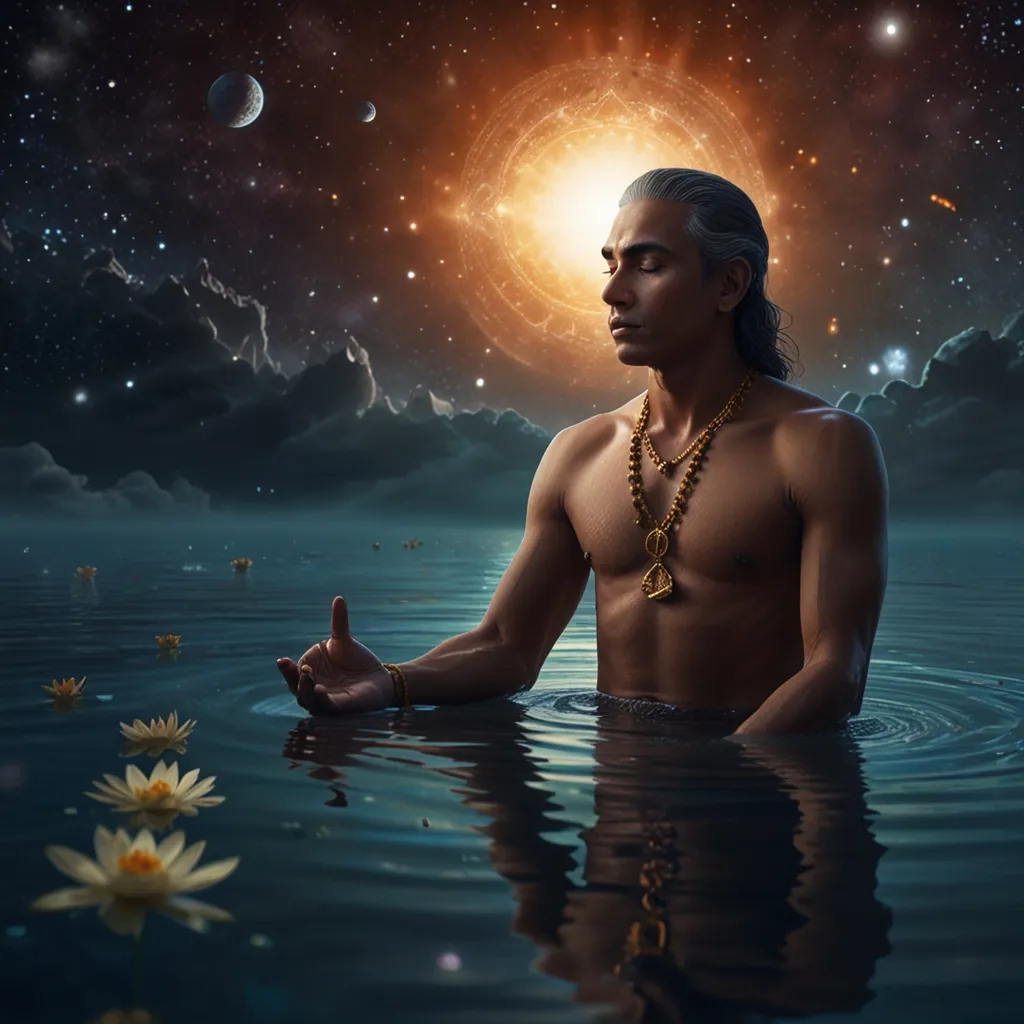Vedic Astrology: Ancient Wisdom for Predicting World Events
Ever wondered if those ancient stargazers were onto something? Well, buckle up, because we’re diving into the fascinating world of Vedic astrology and its uncanny ability to predict global events. It’s not just about your daily horoscope – we’re talking big picture stuff here.
Vedic astrology, the OG of astrological practices, has been around for thousands of years. It’s like the wise grandparent of modern astrology, with a few extra tricks up its sleeve. While Western astrology is all about what’s happening right now, Vedic astrology takes a deeper dive into your life’s journey.
At the heart of this ancient practice is the dasa system. Think of it as a cosmic relay race, where different planets take turns influencing your life. Each planet gets a specific time slot, ranging from six to twenty years, to do its thing. It’s like having different celestial coaches for different stages of your life.
But here’s where it gets really interesting – this system isn’t just about personal predictions. Some astrologers are using it to forecast major world events. Enter Kushal Kumar, the guy some are calling the “new Nostradamus.” (No pressure, right?)
Kumar’s been making waves with his predictions about global conflicts and economic shifts. He’s not just throwing darts at a calendar – he’s carefully analyzing planetary alignments to pinpoint potential dates for major events. For instance, he’s suggested that World War III could kick off on June 18, 2024 (or June 10 or 29, just to keep us on our toes).
Now, before you start building that bunker, remember that predicting the future isn’t an exact science. But Kumar’s got some street cred. He’s accurately forecasted events like the Israel-Hamas war and the Russia-Ukraine conflict. His method involves looking at how planets and stars line up and how that might trigger global events.
But Kumar’s not the only game in town. Vedic astrology has a whole toolkit for predicting events. There’s the aspect system, where planets “look” at each other across the zodiac. If Mars (the warrior) and Jupiter (the expander) are eyeballing each other in your chart, it could mean a time of significant conflict or growth is coming up.
Then there are the varga charts – like different lenses for looking at specific areas of life. Want to know about your love life? Check the Navamsa chart. Career moves? That’s the Dasamsa’s territory. It’s like having a Swiss Army knife for your destiny.
And let’s not forget about the good guys and bad guys of the zodiac – the benefic and malefic planets. Jupiter and Venus are usually the cosmic cheerleaders, while Saturn and Mars can be a bit of a downer. But here’s the twist – their effects can change depending on your specific chart. It’s all about context, baby.
Now, you might be thinking, “This all sounds great, but can it really predict world events?” Well, the jury’s still out on that one. But consider this – Vedic astrology has been refined over thousands of years. It’s not just some fly-by-night fad. It’s deeply rooted in Hindu spirituality and offers a holistic view of how the universe works.
Of course, no predictive system is perfect. Even the most skilled Vedic astrologer isn’t going to nail every prediction. But the methodology is fascinating. It’s not just about looking at one planet or one aspect – it’s about considering multiple charts, planetary influences, and global tensions all at once. It’s like trying to solve a cosmic Rubik’s cube.
So, why should we care about this ancient practice in our modern, tech-driven world? Well, for one, it offers a unique perspective on how we understand and predict future events. In a world where we’re constantly bombarded with data and analytics, sometimes it’s refreshing to step back and look at things from a different angle.
Plus, let’s face it – humans have always been fascinated by the idea of predicting the future. Whether it’s through tarot cards, tea leaves, or complex astrological calculations, we’re constantly seeking ways to peek behind the curtain of time. Vedic astrology is just one more tool in our predictive toolkit.
But here’s the real kicker – even if you’re skeptical about astrology, there’s something to be said for the wisdom embedded in these ancient practices. Vedic astrology encourages us to think about our place in the universe, to consider how celestial movements might influence earthly events. It’s a reminder that we’re part of something much bigger than ourselves.
And in a world that often feels chaotic and unpredictable, there’s comfort in the idea that there might be some underlying order to things. Even if we can’t always see it or understand it, the notion that our lives and world events might be influenced by cosmic patterns is oddly reassuring.
Of course, it’s important to approach Vedic astrology (or any predictive system) with a healthy dose of skepticism. It’s not about blindly accepting every prediction, but rather using these insights as one tool among many for understanding the world around us.
So, the next time you hear about a Vedic astrologer making predictions about world events, don’t just roll your eyes. Take a moment to consider the complex system behind those predictions. Who knows? You might just gain a new perspective on the ebb and flow of global events.
In the end, whether you’re a die-hard believer or a staunch skeptic, there’s no denying that Vedic astrology offers a fascinating lens through which to view the world. It’s a reminder that sometimes, looking to the stars can help us better understand what’s happening right here on Earth.
So, keep your feet on the ground, but don’t be afraid to look up once in a while. You never know what insights you might find written in the stars.
